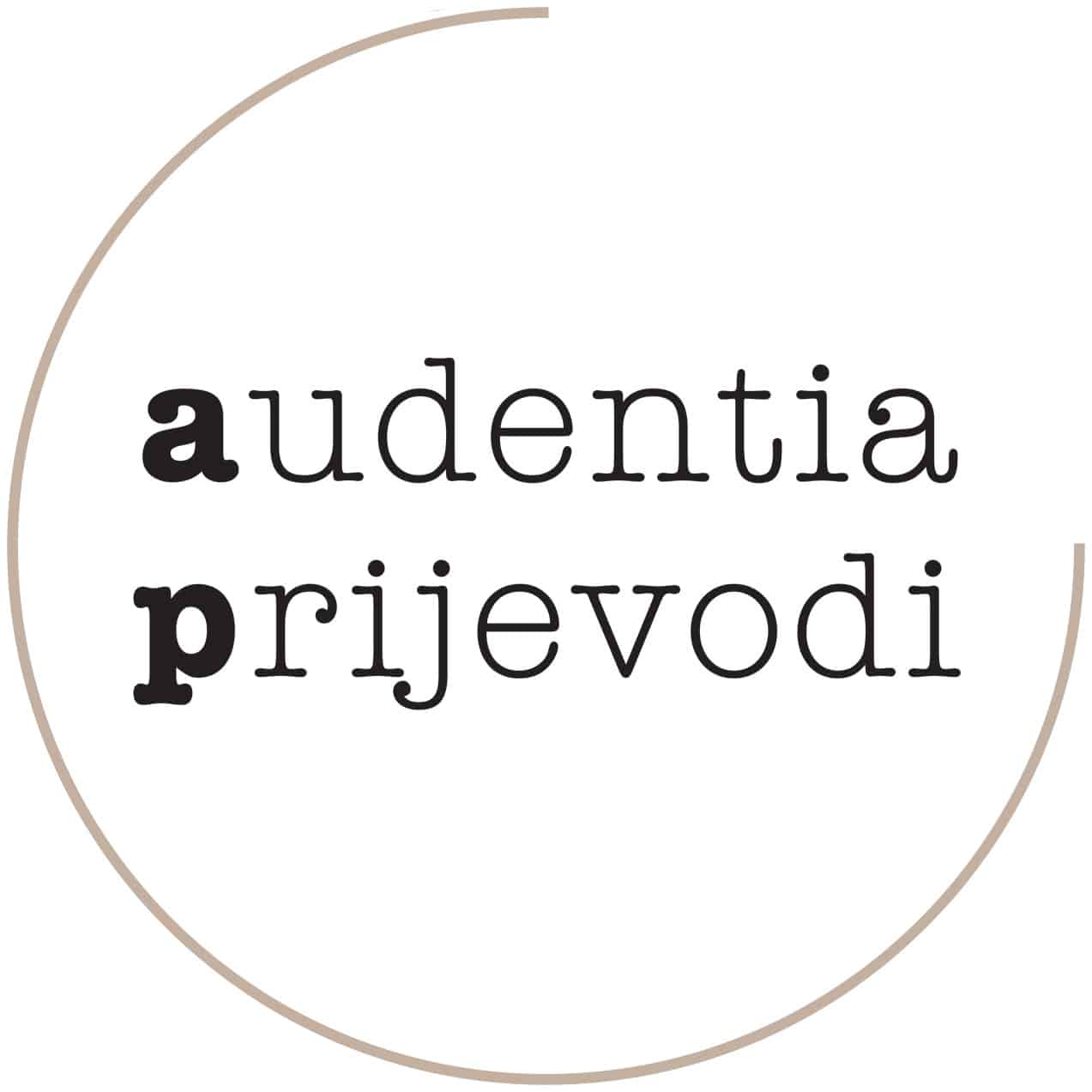Certified translation
A certified translation is made by a court interpreter, an interpreter appointed by the competent county court in the Republic of Croatia, who certifies the translated text or verbal communication with his signature and stamp.

A certified translation is made for natural and legal entities that use it in the course of their everyday private or business lives. Individuals usually require a certified translation of a diploma, certificate, register extract, CRB certificate, and similar documents. Legal entities most often require a certified translation of a court register extract, financial reports, tender documentation, and contracts. This type of translation is also made at the request of courts, i.e., court records and transcripts, as well as ministries and other state institutions.
Interpretation takes place in the courts, where interpreters assist parties in communicating with one another. In the notary public’s office, the interpreters translate the communication between parties involved in a legal transaction as well as the content of pertinent documentation. Police precincts also require the services of court interpreters during the questioning of persons of interest. The registrar’s office, which is the place where weddings between domestic and foreign nationals take place, also requires that a court interpreter be present in order for the ceremony to be valid.
There are many typical documents that find their way to the desk of a court interpreter, but that is only the tip of the proverbial iceberg that court interpreters have to deal with in the course of their work. The documentation stems from various fields of expertise, which is why the court interpreter has to be on top of his game and well trained.
